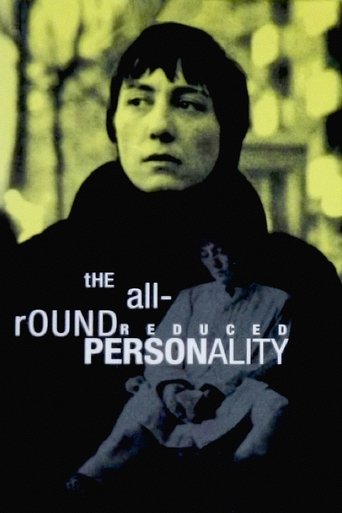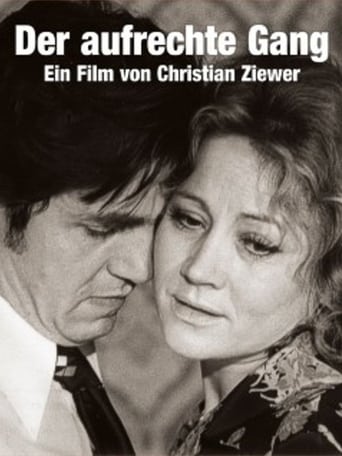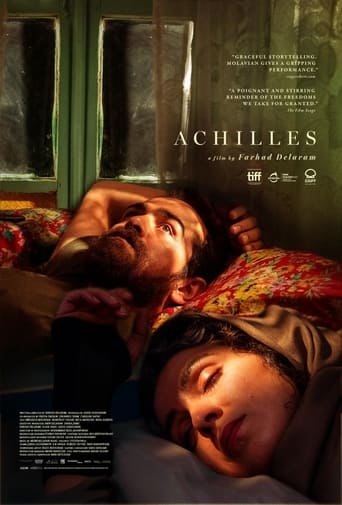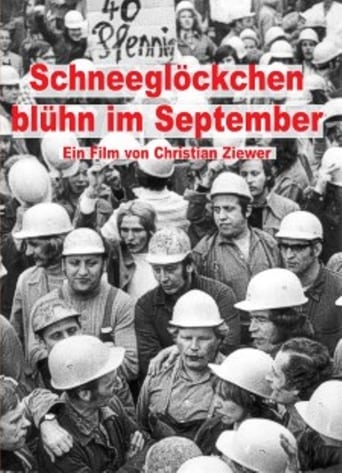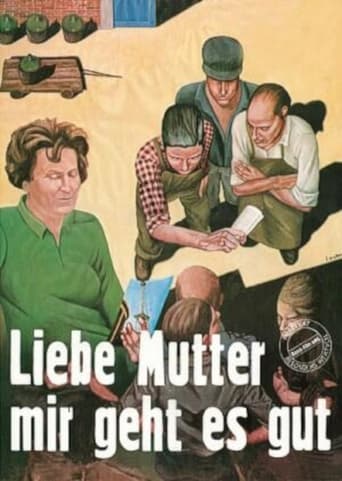The All-Around Reduced Personality: Redupers 1978
Edda Chiemnyjewski, a freelance press photographer and single mother living in 1970s West Berlin, is confronted with the fact that "a cook has no time for affairs of state". She also fails to find a market for the project she has been working on with her women′s photography group that seeks to document the city. While from today′s perspective the city, which becomes one of the film′s protagonists, looks like post-war Berlin, little has actually changed as regards the precarious existence of free-lancers. With a heavy dose of self-irony Helke Sander, who also plays the leading role, tells of a divided life in a divided city.
